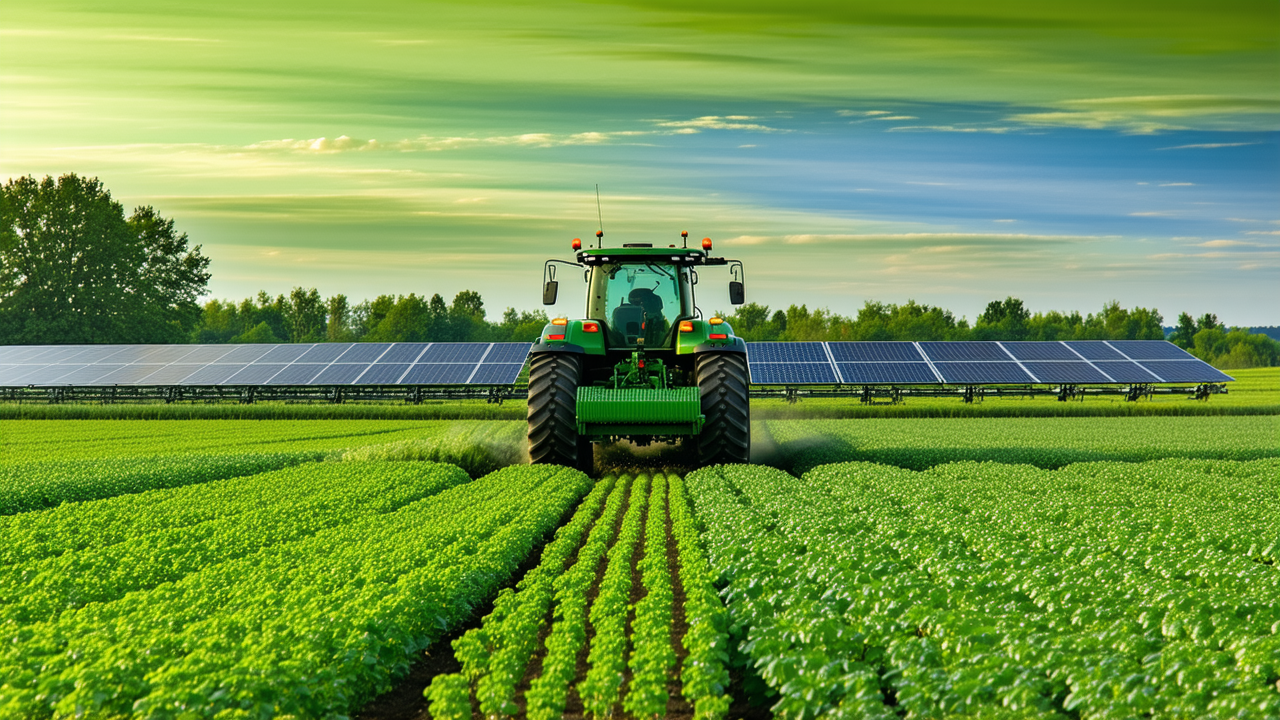New Zealand's Food and Fibre Sector Set for Growth Amid Global Opportunities
New Zealand's Food and Fibre Sector Set for Growth Amid Global Opportunities
As the world becomes more interconnected and demand for high-quality, sustainable products continues to rise, New Zealand's food and fibre sector is poised for a transformative decade. Agriculture, Forestry, and Trade Minister Todd McClay has emphasized that this is the time for New Zealand to step up, scale up, and capture value in an increasingly competitive global market.
The sector, already a vital part of the New Zealand economy, generates nearly $60 billion in export earnings annually and supports over 360,000 jobs. However, the opportunities ahead are even greater. With global demand rising and technological advancements reshaping industries, the challenge is not just about competing, but about leading the pack with ambition and innovation.
At the heart of this opportunity is a commitment to both value and volume. The food and fibre sector is uniquely positioned to drive economic growth, and the government is focused on unlocking productivity, accelerating innovation, and removing regulatory and capital bottlenecks that have stifled growth for too long.
Confidence in the farming community has been on the rise, with the Federated Farmers Confidence Survey showing a 16-point increase in general farmer confidence since July 2023. This marks the largest uplift in confidence in five years, and the trend is expected to continue as farmers reap the benefits of their hard work and the policy reset under the current government.
The government has taken significant steps to rebuild trust in the sector by reducing regulatory burdens, cutting red tape, and reinstating common-sense policies that empower farmers to focus on what they do best—growing food and fibre. A key initiative is the overhaul of the Resource Management Act, aimed at creating a regulatory system that enables rather than obstructs enterprise.
Investment in the sector is also a priority. The Primary Sector Growth Fund (PSGF), a $246 million commitment, is designed to co-invest in high-impact innovation. The first project, Resilient Pastures, is already underway, aiming to breed more productive and climate-tolerant pasture systems over the next seven years.
On the global stage, New Zealand has made significant strides in trade agreements. The EU Free Trade Agreement, which came into force a year ago, has already boosted exports by over $1 billion. Similarly, the UK Free Trade Agreement has seen a 21% increase in exports, adding $644.4 million in value. Additional agreements with the United Arab Emirates, the Gulf Cooperation Council (GCC), and India are also in progress, unlocking new trade opportunities worth billions of dollars.
Trade, as Minister McClay emphasizes, is not magic—it creates jobs and lifts incomes for all New Zealanders. The government is also focused on resolving non-tariff barriers that have historically held exporters back. In the past 18 months alone, $933 million worth of such barriers have been addressed, including enforcing Canada's obligations under the CPTPP agreement.
As global markets demand proof, not just promises, New Zealand is introducing initiatives like the Grass-Fed certification standard, which provides a trusted mark for red meat and dairy exporters in markets that scrutinize sourcing claims. These efforts reinforce the sector's commitment to quality, transparency, and innovation.
The government's role is to support, enable, and amplify the progress being made by the industry. By clearing roadblocks and scaling success, New Zealand can maintain its position as a global leader in food and fibre production.
With the right ambition, smart rules, and strategic direction, New Zealand's food and fibre sector is set to thrive in the decades ahead. The challenge is accepted, and the opportunity is clear.
